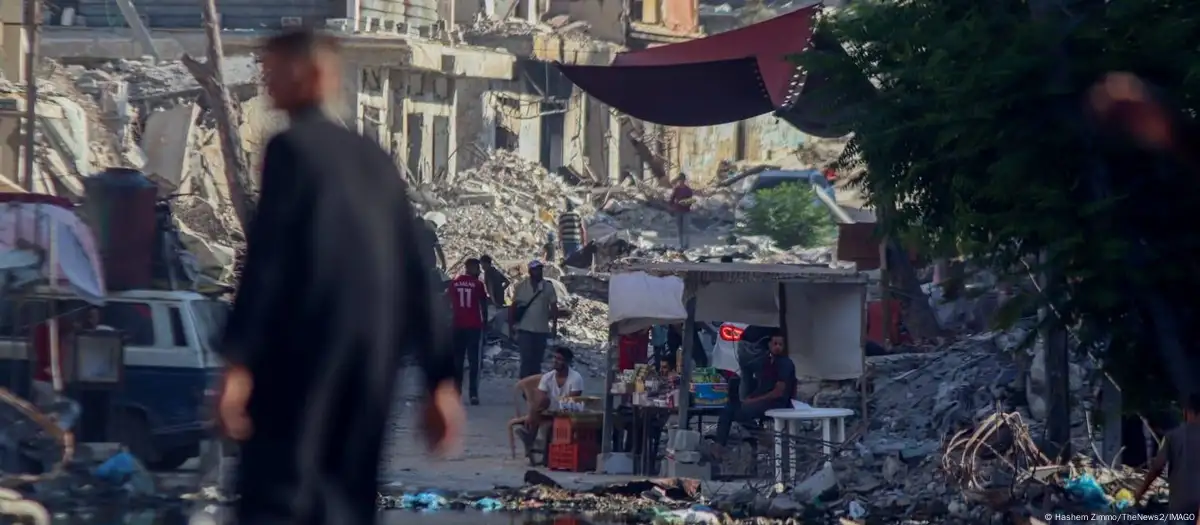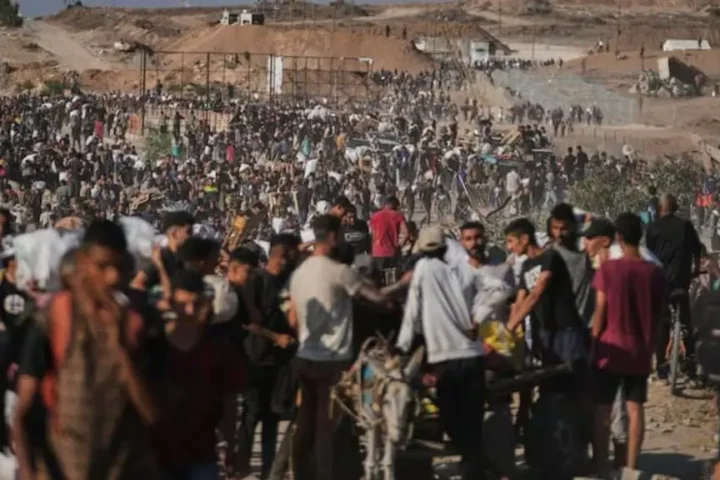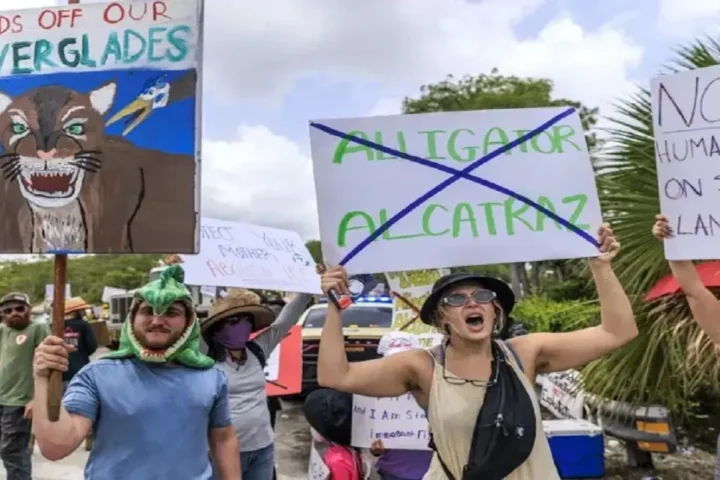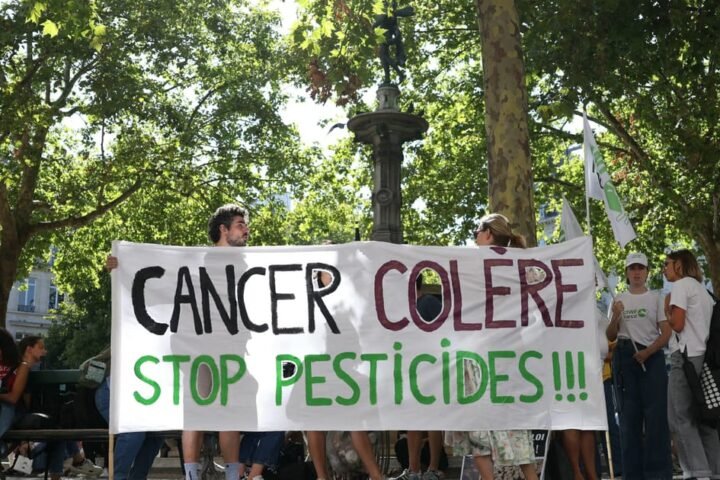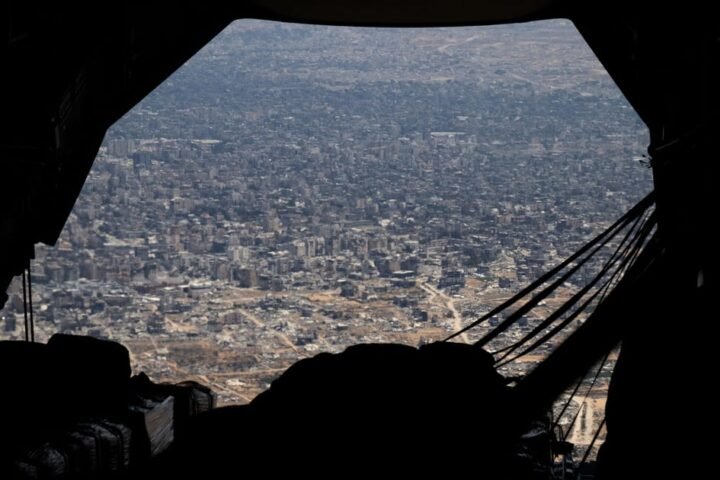A Human Rights Watch report says that restrictions on access to clean water in Gaza amount to genocidal acts by Israel, which in turn has dismissed the report as “lies.”
Human Rights Watch (HRW) says Israel has committed “acts of genocide” during its military campaign in the Gaza Strip by damaging water infrastructure and cutting off supplies of clean water to civilians.
“Since October 2023, Israeli authorities have deliberately obstructed Palestinians’ access to the adequate amount of water required for survival in the Gaza Strip,” it said in a new report published on Thursday.
The report, drawn up over nearly a year, is based on interviews with dozens of Gazans, medics and aid workers, staff at water and sanitation facilities, as well as satellite imagery, photographs, videos and data analysis.
It details what HRW calls the intentional damaging of sanitation facilities — including solar panels used to power water treatment plants and reservoirs — and targeted attacks on repair workers.
“Israeli authorities intentionally inflicted on the Palestinian population in Gaza ‘conditions of life calculated to bring about its physical destruction in whole or in part,'” the report concluded, saying this constituted “acts of genocide.”
Israel: HRW report is full of ‘lies’
Israel’s Foreign Ministry dismissed the report as being full of “lies” and accused HRW of promoting “anti-Israel propaganda.”
“Since the beginning of the war, Israel has facilitated the continuous flow of water and humanitarian aid into Gaza, despite operating under constant attacks of Hamas terror organization,” it said in a statement.
“This report is full of lies that are appalling even when compared to HRW’s already low standards.”
HRW said that Israeli authorities did not respond to requests for information while compiling the report, it did include one statement made by former Israeli Defense Minister Yoav Gallant in the wake of the deadly Hamas attack on southern Israel in October 2023, during which 1,208 people, mostly civilians, were killed and round 250 more taken hostage.
Gallant had declared a “complete siege” on Gaza, elaborating: “No electricity, no food, no water, no gas – it’s all closed.”
HRW: doctors forced to decide whether to resuscitate children
Since then, at least 45,000 Palestinians have been killed by Israel’s retaliatory campaign, according to figures from Gaza’s health ministry that the United Nations considers reliable.
According to the HRW report, lack of water supplies has exacerbated the situation in the enclave, leaving Gazan civilians vulnerable to water-borne diseases, dehydration and complications, such as infected wounds.
Doctors and nurses told HRW that “many of their patients have died from preventable diseases and infections, and healable wounds, due to dehydration and the unavailability of water.”
One intensive care nurse cited in the report said they were forced to decide whether or not to “resuscitate children who were severely malnourished and dehydrated.”
Deaths from such cases “are likely vastly underreported”, the report concluded.
International Court of Justice hearing genocide case
The report comes while the International Court of Justice (ICJ) is hearing an ongoing case brought by South Africa accusing Israel of committing genocide against the Palestinians in Gaza.
Israel has denied that its operation in Gaza amounts to genocide, saying it is acting in self-defense after the Hamas-led attack on October 7, 2023.
In January, ICJ ordered Israel to prevent acts of genocide against Palestinians in Gaza and do more to help civilians as “provisional measures” while it considers the genocide case.
It stopped short of ordering a cease-fire as requested by South Africa.
At the time, ICJ President Joan Donoghue said the court found that at least some of Israel’s actions in Gaza brought forward by South Africa fell within the provisions of the UN’s Genocide Convention.
